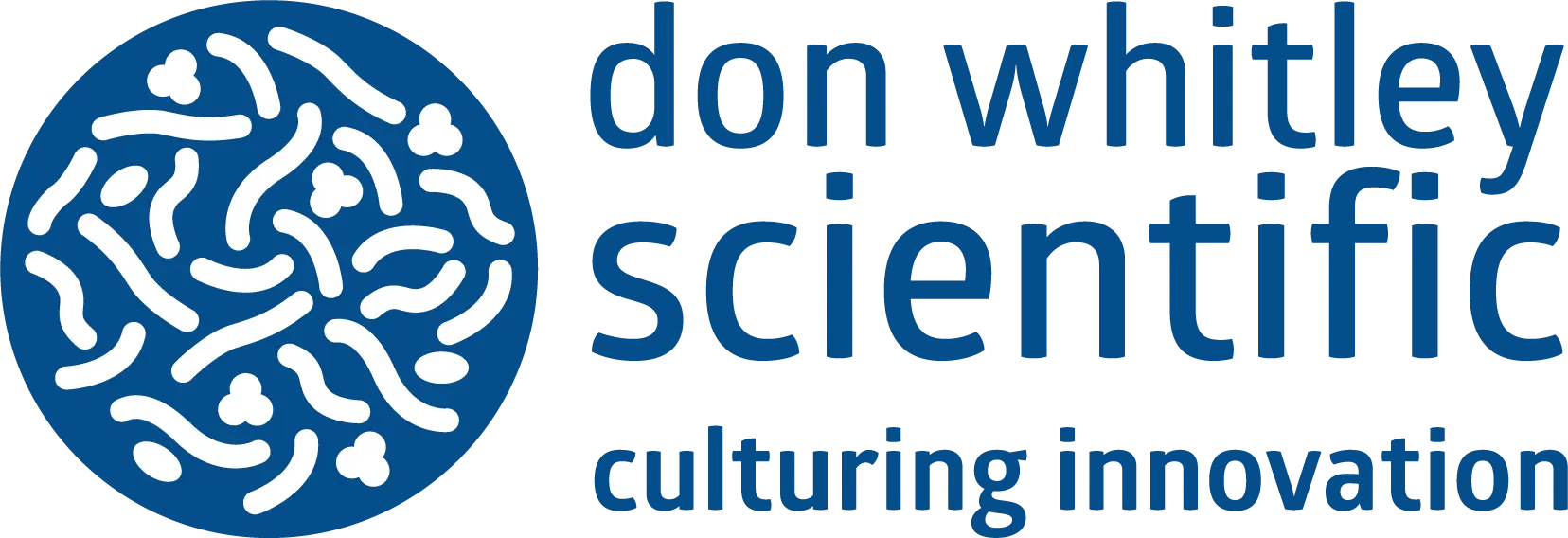Hypoxystation for heart research
Date: 30th July 2013
Three months ago Dr Louise Dunn at The Victor Chang Cardiac Research Institute, Darlinghurst NSW, received her new Whitley H35 Hypoxystation.
Dr Dunn and the team in Professor Stocker’s Vascular Biology Group are using the Hypoxystation to better understand metabolic reprogramming in ischemia-mediated neovascularization (how cells change their metabolism to form new blood vessels in low oxygen environments). With precise control of oxygen, carbon dioxide, temperature and humidity, Louise says that conducting studies using the Hypoxystation she gets “very accurate and reproducible results”.
In Australia, more than 10,000 people die from heart failure every year. It remains the most common cause of hospital admissions for people aged over 65, however it can affect anyone regardless of age or gender.
Today, The Victor Chang Cardiac Research Institute has 13 laboratories across five research divisions, working with a single vision – to reduce the incidence, severity and impact of heart diseases. While their research covers all forms of heart disease, the focus is on those that affect the heart’s muscle tissue. These are the diseases that directly affect the heart’s ability to pump enough blood for the body’s needs, and can cause arrhythmias that, in their severest form, can lead to sudden death.
According to Dr Dunn she had the perfect level of help and advice when purchasing the Hypoxystation. “Don Whitley Scientific made great efforts to ensure our purchase, installation and ongoing use of the machine have been hassle free.”
Dr Louise Dunn
The Victor Chang Cardiac Research Institute


 au
au


 English
English